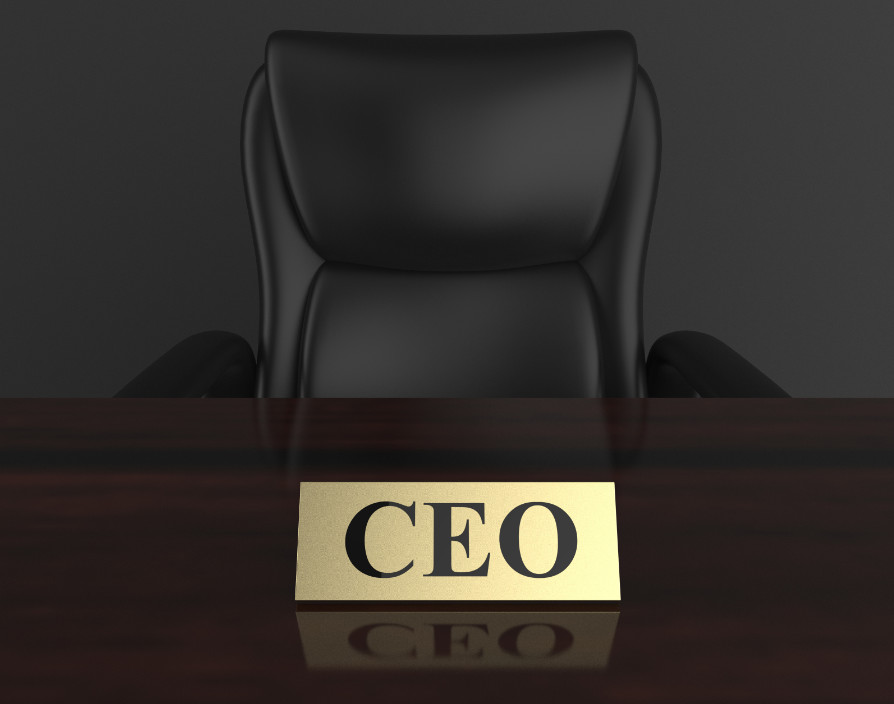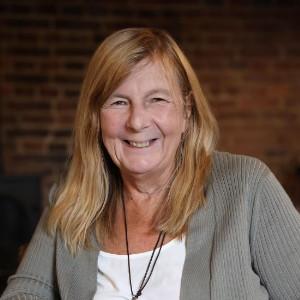Traditionally, companies had founders for the early start-up phase and brought in an experienced CEO to grow and scale. As start-ups have grown in numbers, more and more founders add CEO to their title from early on. But a very different skill set is required. If you are struggling with that transition, you are not alone. I spoke to three education company founders to hear their struggles with it.
Lucy Parsons of the academic coaching company Life More Extraordinary started her business in 2015 and is now in the very early throes of this evolving. Lucy says she began to feel her role change three years ago as growth speeded up, but things fully started to change when she decided that she wanted to move from using sub-contractors to an employed team. While it made sense financially and led to increased stability and loyalty as Lucy had hoped, Lucy says that it has meant her role changing into a much more formal leadership one. “The more people we have, the more formal that becomes, as both you and your business grow,” she says.
Like many business owners, Lucy found initial success within her ” zone of genius,” which for Lucy meant being hands-on with the coaching. She also worries that she can no longer do what she contributed at the outset, which made it successful. Lucy says that she can identify with some of the problems mentioned in the book “The Big Leap,” where, as your mindset is stretched to its limit, your body steps in and shows signs of wear, tear, and illness. Lucy finds the most challenging thing of all is the loneliness at the top, how you have to make decisions that affect everyone, with no guarantees they will be correct. All you can do is trust your gut and not do anything you don’t feel comfortable with. She also hopes people believe in her integrity as she learns to step back and treat them like grown-ups and make their own decisions.
Alex Dyer is the founder and CEO of Tutor House, founded in 2012. For Alex, the role has been continually evolving from the start. He still finds it hard. The founding was the easy thing, he says. A founder’s job is more a question of coming up with the idea and then being the face of the company, telling the story as needed, whereas the skill set for a CEO is much more varied. Alex loved the early days when there were six or seven on the team and loved the task of telling the story and raising investment. But winning the investment was what resulted in the most significant changes to Alex’s job. From that point, Alex finds himself having to do so many things within a CEO job role which, he says, he would mark himself 5/10 for; accountancy and R and D in particular.
Alex says he knows he is spread too thin. He determinedly still sits in on all the team meetings as he feels the need to know everything going on. Alex says that he has been working his way through with little or no experience behind him. But “you are so sure at the start, and have agreed to take it on. If you knew what it would be like, you would go and take a job in a cafe somewhere,” he says. You learn as you go and try not to make the same mistake twice. It is hard finding out that no one cares at all if you have had a bad day. Alex says he would have preferred to take on someone experienced in the MD or CEO role, but there is no budget as a start-up. You have to adapt as best you can, which is why you wake up at 2 in the morning and have a glass of milk or something stronger depending on the type of day you have had, says Alex.
Olly Richards was wonderfully honest in telling his personal development story from start-up founder to CEO. While being the furthest along of the three now, Olly described himself to me as being absolutely hapless when he started, a description anyone who has founded their first business will recognize. Olly had no previous business experience and was dividing his time between teaching English and being a jazz pianist when he had the idea of his company StoryLearning.com. Now, the company teaches languages through story-telling, but it started as a blog and grew from there. As the company and the team grew, Olly began to feel the gaps in his knowledge. He felt comfortable with people and those he had already known when he brought them on board but realized he needed to learn to hire new team members. Finances too, which he knew he was good at personally, he found was a completely different ballgame with a growing company.
Olly had always read a lot and finds that helpful, citing Who by Geoff Smart for hiring and Simple Numbers, Straight Talk, Big Profits by Greg Crabtree as especially useful. Books are valuable to fill in gaps but tend to be written by gurus, and he has come to realize that many of them don’t know that much. Olly has had a few coaches, and one, in particular, was a big help. He was a friend and entrepreneur who had decided to turn coach, and the relationship turned out to be hugely helpful. Olly explains that coaching at its best made him aware of what he didn’t know. For example, Olly would say that he was worrying if he could afford all the people they were hiring, and the coach would help him see he real issue was his lack of financial knowledge. The third arm to Olly’s development came via groups such as The Supper Club and Goldman Sachs 10kSB program, which were hugely helpful on the fundamentals that aren’t taught in school. Between them all, he gradually learned to get out of his own way. Founders, Olly says, tend to know how things in the business should be done reasonably well, so they leap in when things go wrong. The big lesson is to learn not to interfere. Investing in yourself is not a joke phrase. You really have to do it, says Olly, otherwise it will be you that limits your business. From live groups and coaches, you learn to trust yourself, to see that you have absorbed the knowledge you need and can now find out on your own what works in your business. And never fail to ask for help.
It is an evolutionary journey from founder to CEO and comes with serious challenges and tests to your resilience. Nor is it a journey for everyone. Many founders pine for those early days and the comfort zone of playing to their strengths. Succeeding in the transformation from founder to CEO requires a huge personal development journey.
“
Share via:








































